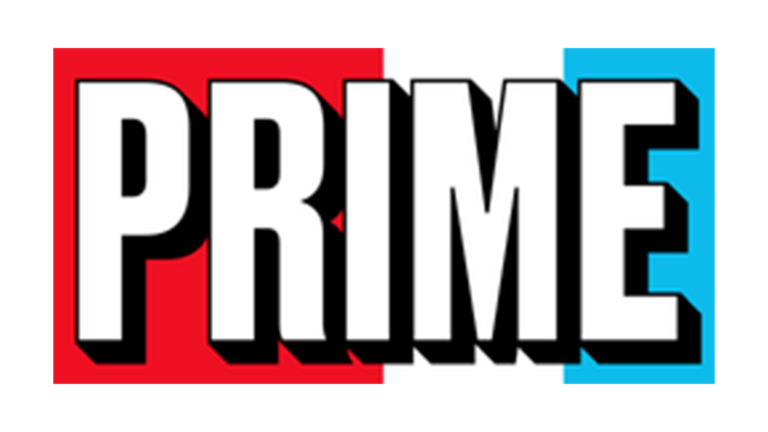FDA Investigation into Prime Energy Drink High Caffeine Levels

July 10, 2023: Lawmakers and health experts are urging the Food and Drug Administration (FDA) to investigate the Prime energy drink brand founded by YouTube stars Logan Paul and KSI due to concerns over its potentially harmful caffeine levels. Senator Chuck Schumer, a Democrat from New York, called on the FDA to scrutinize the beverage, which has gained significant popularity among children.
Prime, endorsed by two prominent YouTube influencers, became an instant sensation upon its launch last year. Its neon-colored cans, marketed as zero sugar and vegan, attracted long lines in grocery stores and created a secondary market in schoolyards. However, the drink has raised concerns due to its high caffeine content of 200 milligrams per 12 ounces, equivalent to approximately half a dozen cans of Coke or nearly two Red Bulls.
The high caffeine content led to bans in some schools in the United Kingdom and Australia, where pediatricians warned of potential health issues for young children, including heart problems, anxiety, and digestive disturbances.
The company’s representatives have defended the product, emphasizing that it is clearly labeled as “not recommended for children under 18.” Prime also offers a separate caffeine-free sports drink called Prime Hydration. At this time, there has been no response from Prime representatives regarding the investigation.
Senator Schumer’s letter to the FDA highlighted the striking similarity in online marketing between Prime and Prime Hydration, leading many parents to unknowingly purchase the energy drink for their children, thinking it was a harmless juice. Schumer urged the FDA to investigate the Prime energy drink’s marketing claims, ingredients, and caffeine content.
The request for an FDA investigation comes amid growing concerns about the potential health risks of high caffeine consumption among young individuals. The American Academy of Pediatrics recommends that children under 12 avoid caffeinated products, while adolescents between 12 and 18 should limit their intake to less than 100 milligrams per day.
As the FDA reviews the situation, parents and caregivers should remain cautious about the beverages children consume and take note of the caffeine content and potential health implications.
































